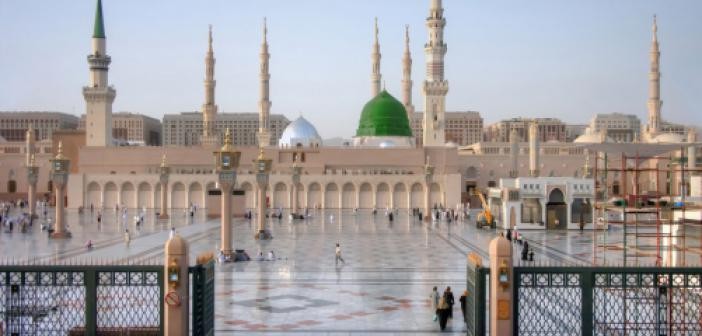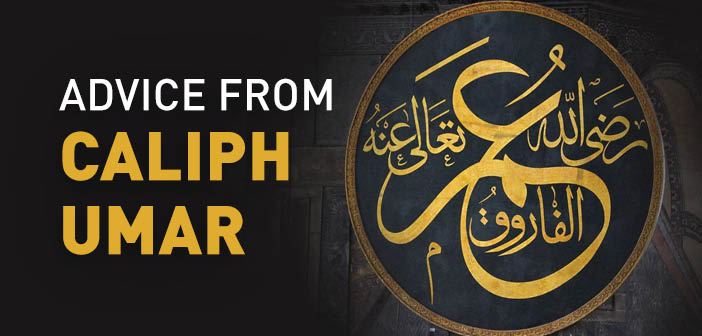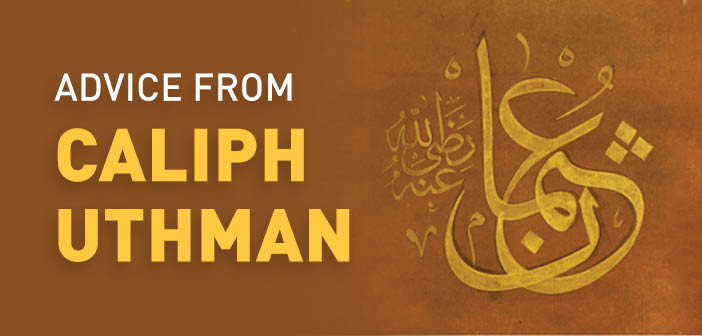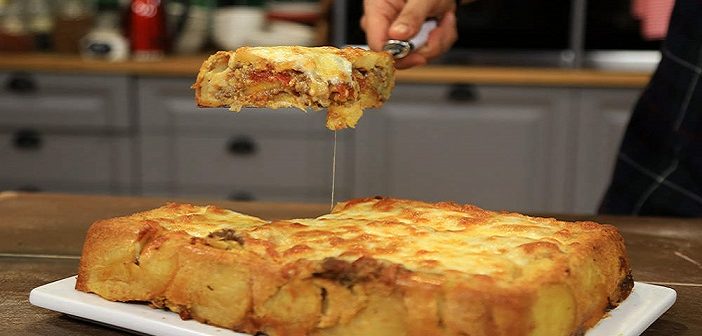
The Return from Khaybar
What happened in khaybar?
Following the Fall of Khaybar, the Blessed Prophet -upon him blessings and peace- sent an envoy to the Fadak area, standing at a two days distance away from Medina, and had the area incorporated to the Muslim dominion without a shed of blood.
Lastly, Wadi’il-Qura, a small Jewish settlement located on the road to Medina, was also taken after siege lasting a single day. Like the locals of Khaybar, they too were left to work on their land in return for half their harvest.
As for the Jews of Tayma, they agreed to pay the Blessed Prophet -upon him blessings and peace- jizyah, in return for which they were allowed to remain in their settlement. Both of these Jewish tribes had previously made a pact with Khaybar to march on Medina.[1]
The fath of Khaybar and the surrounding area paved the Muslim way for the imminent fath of Mecca. The defeats of Banu Qaynuqa, Banu Nadir, Banu Qurayza and finally the Jews of Khaybar had intimidated the tribes of the peninsula, leaving not a shadow of a doubt in their minds over the ultimate triumph of the Blessed Prophet -upon him blessings and peace-. It was alarming, for the tribes mentioned were the richest and most powerful of all Jews in entire Arabia and their exploits in warfare were legendary. They owned impenetrable forts and an abundant amount of date fields and exercised a power great enough to protect the entire Arabs, should they have chosen to seek refuge in them. But now it had become all too clear how their supposed courage and might withered away when besieged by the Prophet of Allah -upon him blessings and peace- and how they were made to humbly accept insufferable burdens. The breeze was now blowing the Believers’ way.[2]
In the aftermath of Khaybar, the Blessed Prophet -upon him blessings and peace- married the honorable Safiyya, who was widowed after her husband was slain in the battle.[3] She had married her husband, a notable among the Jews of Khaybar, only a few days prior to the siege of Khaybar. On her wedding night, she saw a dream in which a moon, rising from Medina, came and fell in her lap. She explained her dream to her husband who becoming infuriated, exclaimed, “You want to become the wife of Muhammad, the King of Hijaz, don’t you?” before she forcefully slapped Safiyya, leaving her with a black eye, a bruise she was still carrying when she encountered the Blessed Prophet -upon him blessings and peace- a few days later. She explained to the Prophet of Allah -upon him blessings and peace- her ordeal when he inquired how she had gotten the bruise. He, in turn, gave her an explanation of Islam and said, “We are not going to force you if you happen to decide to remain in your religion! If you accept Allah and His Messenger then I shall accept you as wife. But if you chose to remain a Jew, then I will set you free and you can return to your tribe!”
Safiyya -Allah be well-pleased with her- chose Islam, becoming ‘the mother of Believers’. (Waqidi, II, 674, 707; Ibn Sad, VIII, 123; Ahmad, III, 138)
The Noble Prophet’s -upon him blessings and peace- marriage to Safiyya, the daughter of Huyay, engendered closeness with the Jews of Khaybar, and by reducing enmity, enabled the development of friendlier relations. In this respect, Safiyya -Allah be well-pleased with her- remained close with the Jews, to the point of even drawing complaints, virtually becoming their representative in the Prophet’s house.
Once, a female servant of Safiyya -Allah be well-pleased with her- came to Omar -Allah be well-pleased with him-, during his time as Caliph, and complained of how “…Safiyya was still very much fond of Saturday’s and continued his contact with Jews.” Caliph Omar -Allah be well-pleased with him- thereupon sent someone to investigate the situation. Safiyya -Allah be well-pleased with her- provided an explanation.
“Regarding Saturday”, she said, “I do not like that day ever since Allah gave me Friday in its place. And as for your question regarding the Jews, I have relatives among them, whom I see to and visit.” (Ibn Hajar, al-Isabah, IV, 347)
Safiyya -Allah be well-pleased with her- then asked her servant why she had made such an accusation. “I followed the shaytan”, she confessed. Safiyya’s -Allah be well-pleased with her- response to that was of a brilliance that reflected the degree she had embraced the morals of Islam.
“You can go; I have set you free”, she said, releasing her female servant who had tried to slander her with a false accusation. (Ibn Hajar, al-Isabah, IV, 347)
[1] See, Ibn Hisham, III, 391; Waqidi, II, 707, 711.
[2] See, Waqidi, II, 729-731; Ibn Kathir, al-Bidayah, IV, 234.
[3] Ibn Saad, VIII, 121-126.
Source: Osman Nuri Topbaş, The Prophet Muhammed Mustafa the Elect II, Erkam Publications
Encouraging Communal Salat
The Return from Badr














